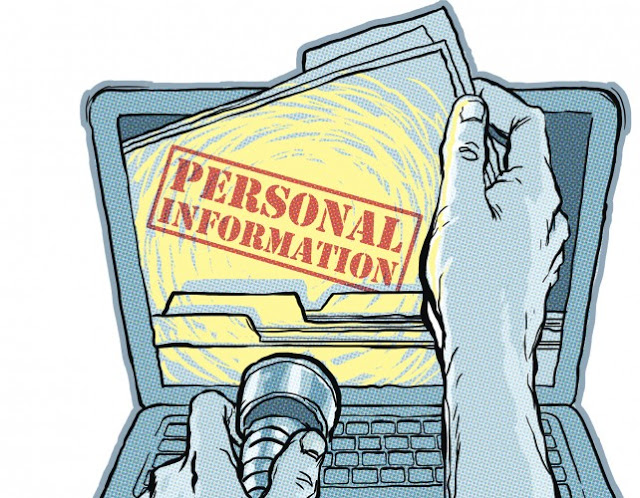
“Trust is highly specific. You can trust me to help you select a single malt Scotch whiskey, but you should definitely not trust me to select the wine for this evening’s dinner. So the key question around trust is, what am I trusting you to do?” – Duncan Brown
In recent times, life has become increasingly dependent on the Internet. It is no longer limited to companies or institutions. Almost everyone uses it for communication, study, and work. It is not exclusive to anyone. This network includes a lot of people, some of them use it for illegal purposes and violates the privacy of users of Internet services, which threatens their safety, hence the need to provide protection and safety IntBlind trust in a service provider such as Google, Facebook, and other companies can pose a threat to privacy. These companies have become a part of our lives. They have penetrated into our communities and become familiar with every little thing about our lives through their applications and services. Nobody knows what they can do with our personal information. There are also hackers exploiting these applications and sites of such companies for malicious actions, such as creating a site similar to the official Facebook site and deceiving victims using social engineering to steal email and password entered users and their data.
The dangers of using the Web threaten countries, institutions, and individuals, including bad content, misinformation, privacy violation, theft, fraud from unknown persons, vulnerability to hackers, and theft of sensitive and personal information. Even with all possible means of information security, human beings remain the weakest link. This is because of the fragile nature of human beings, characterized by greed, curiosity, the pursuit of feelings and desires. Because of this nature, so-called social engineering emerged: a set of techniques used to deceive the mind to make people do something or to disclose confidential and personal information, which is used extensively in the Web and in the practical life of victimization.
Social engineering relies heavily on the trust of the victim, whether it is the trust of people or the service provider on the Web. Trusting people with bad intentions is the spark that ignites the wick. A person you trust may send you a link once you press it to perform malicious operations Such as getting your personal account, stealing sensitive data, or installing malicious software on your computer, which in the future will lead to greater misfortunes such as extortion.
In the world of information security, awareness is the most powerful weapon to prevent the dangers of the Internet and technology in general, and this includes all members of society. Everyone is subject to technological exploitation and may be the victim of malicious work. One must be extremely cautious when dealing with technology and people, and shouldn’t trust a blind trust in anyone who has to be.
In the world of information security, awareness is the most powerful weapon to prevent the dangers of the Internet and technology in general, and this includes all members of society. Everyone is subject to technological exploitation and may be the victim of malicious work. One must be extremely cautious when dealing with technology and people, and shouldn’t trust a blind trust in anyone who has to be, do not use anything anonymous, talk to anonymous people or comply with their requests, and also make sure services such as applications and sites are not forged and read their own policies and privacy.
Be smart, be safe.
